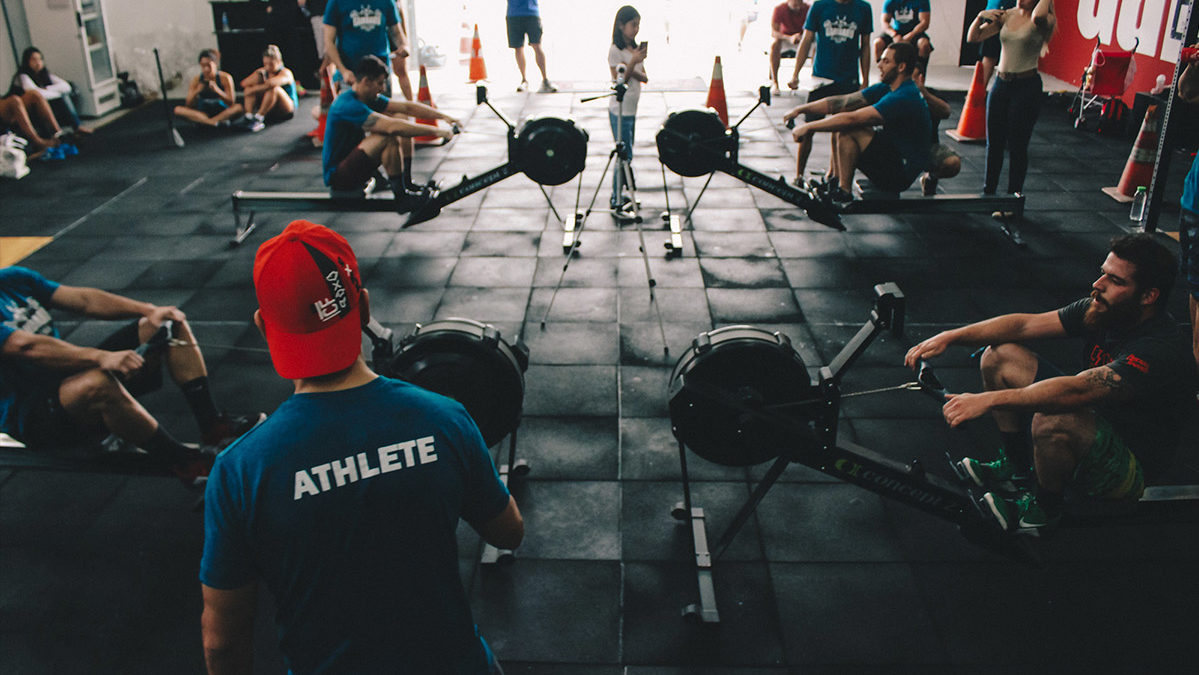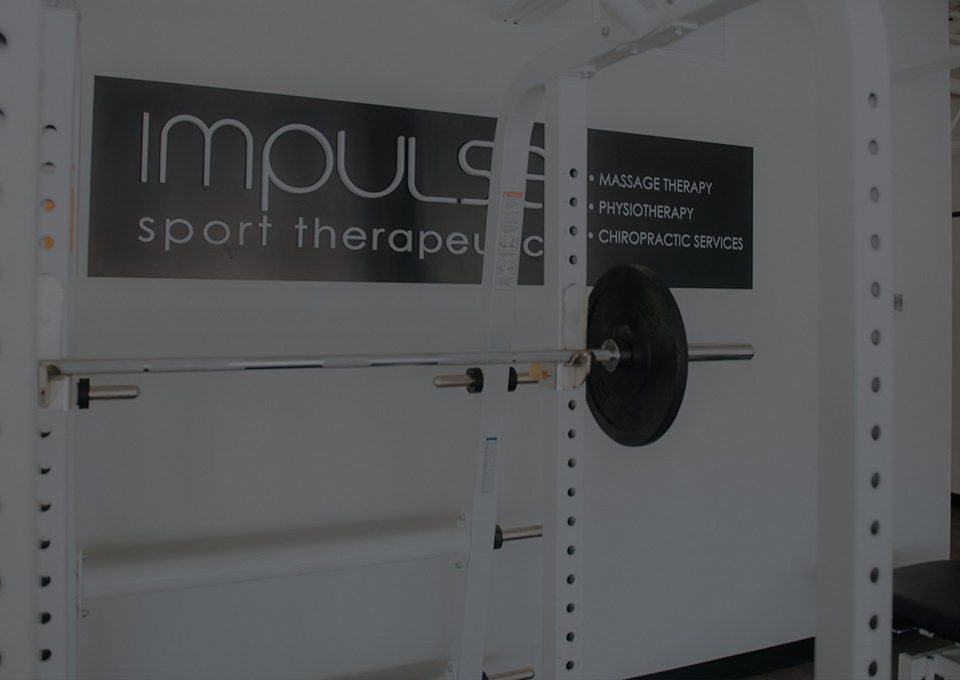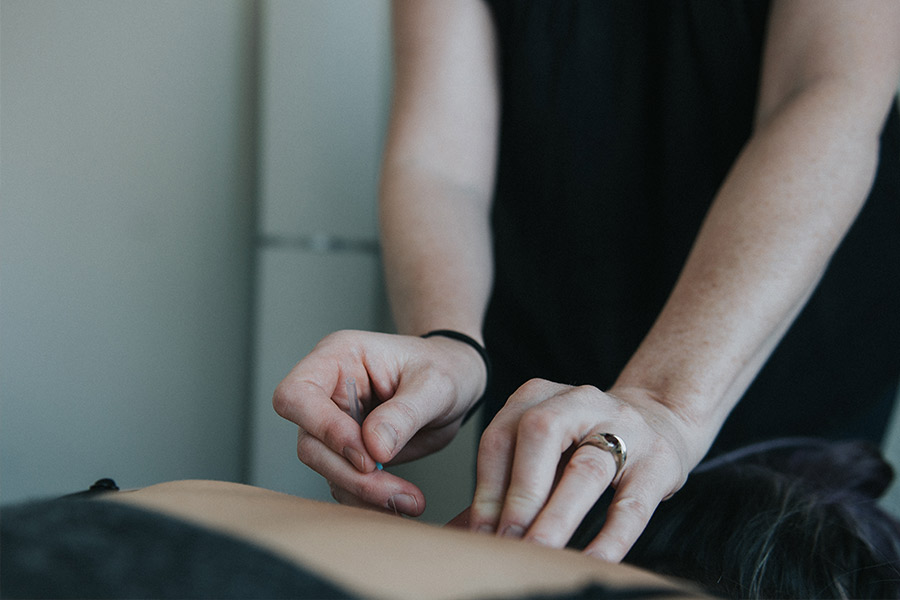The Mental Health Of Our Athletes. Performance & Recovery
Diagnosis of Athletic Injuries Today
The diagnosis and treatment of athletic injuries has been finely tuned into a well-oiled machine. When a high-level athlete injures themselves, they usually have abundant access to doctors, either on the field or in a clinic, a plethora of therapists and sport specialist clinicians and athletic trainers or coaches to help them navigate their recovery and return to play. From knees to shoulders, wrists to toes, athlete’s body’s are covered by the medical system from head to toe. Almost.
Mental Health and Athletic Injuries
Many athletes experience mental health issues and few, if any, are met with the same all-encompassing support a physical injury would garner. Athletes are often left feeling isolated, afraid of rejection by teammates or coaches, and unsure of where to turn for help. The average person may assume elite athletes are immune from such issues since they often present themselves as confident ideal specimens of perfect health. However, the pressure and isolation experienced by athletes at high levels can actually increase their likelihood of needing mental health support. The stigma surrounding mental health permeated throughout our society but can be escalated to extreme levels when athletes fear to lose their elite role model statuses.
The Stigman Of Mental Health in Athletics
Mental health in athletes is often compromised at elite levels when the pressure to perform forces athletes into unhealthy practices or mental dispositions. Eating disorders are rampant among a variety of male and female athletes while depression has been shown to have direct ties to overtraining.
The unrelenting pressure to excel above the competition can lead to chronic anxiety and sleep disorders and “hidden” head injuries and associated concussions have proven links to depression and other psychological problems.
Athletes shouldn’t feel pressured to mask mental health issues and seeking help shouldn’t be thought of as a weakness. Elite athletes, like the rest of us, are not immune to the damaging effects of mental health issues but they can also benefit from working with professionals if they’re able to overcome the stigma.
Talk About It
Everyone can benefit from talking with someone. Anyone. Friends, family, coaches, teammates, physiotherapists, chiropractors, massage therapists. Anyone. The first step towards mental health is a simple conversation, athletes, like the rest of us, just need the opportunity to start one.
The stigma is fading and resources are growing for athletes and the general population alike. Stay informed and break the silence around mental health.
Videos We Like: Bell Let’s Talk 2017: Howie Mandel – Talk to Someone
The Mental Health Series is a collaboration between our West Vancouver Chiropractor team and community partners.
Make An Appointment!
Quick Booking With The Jane App





